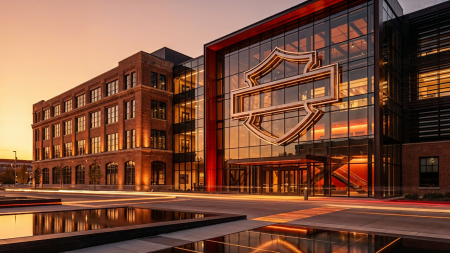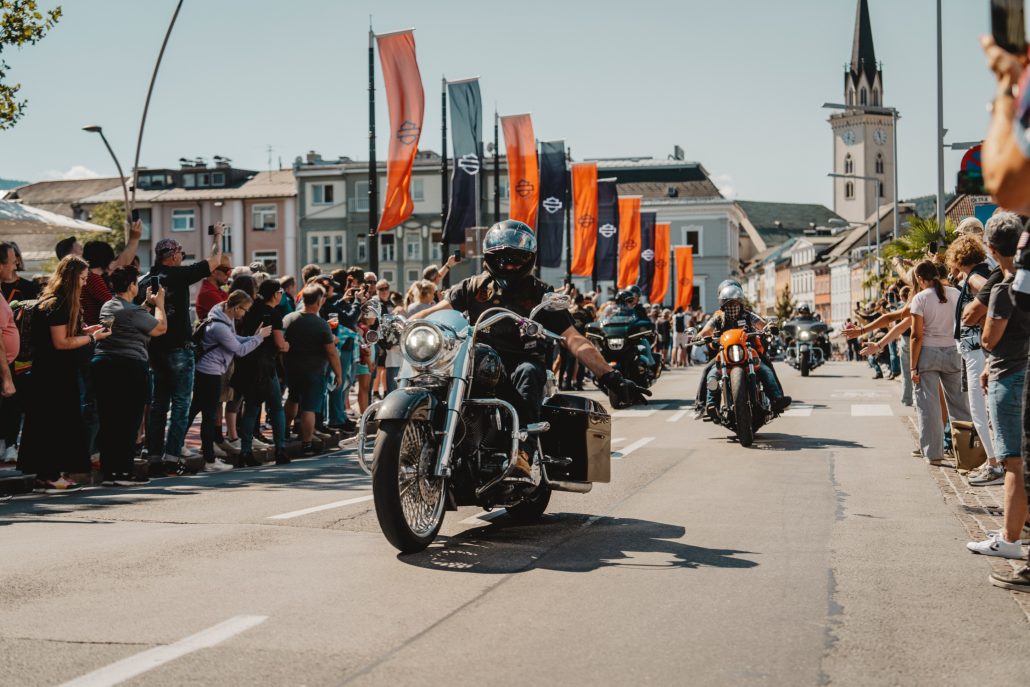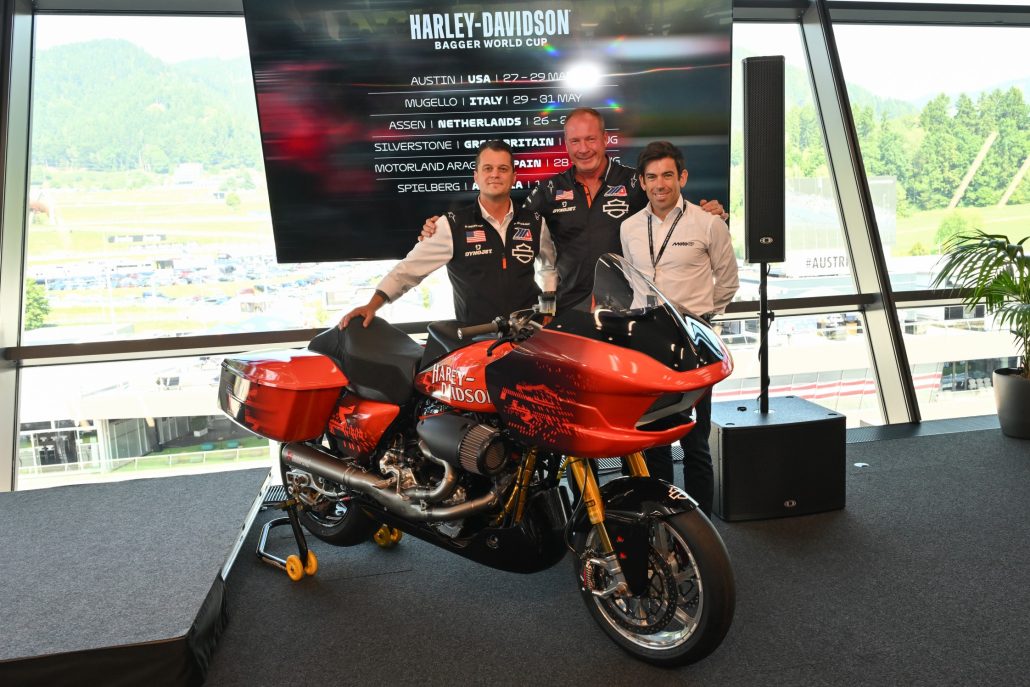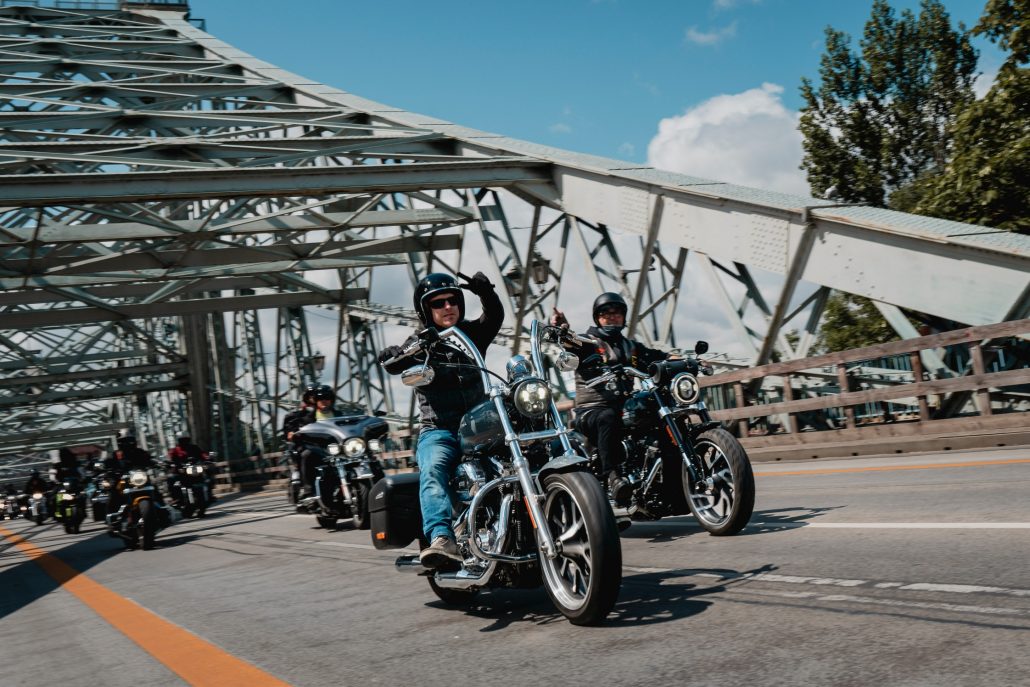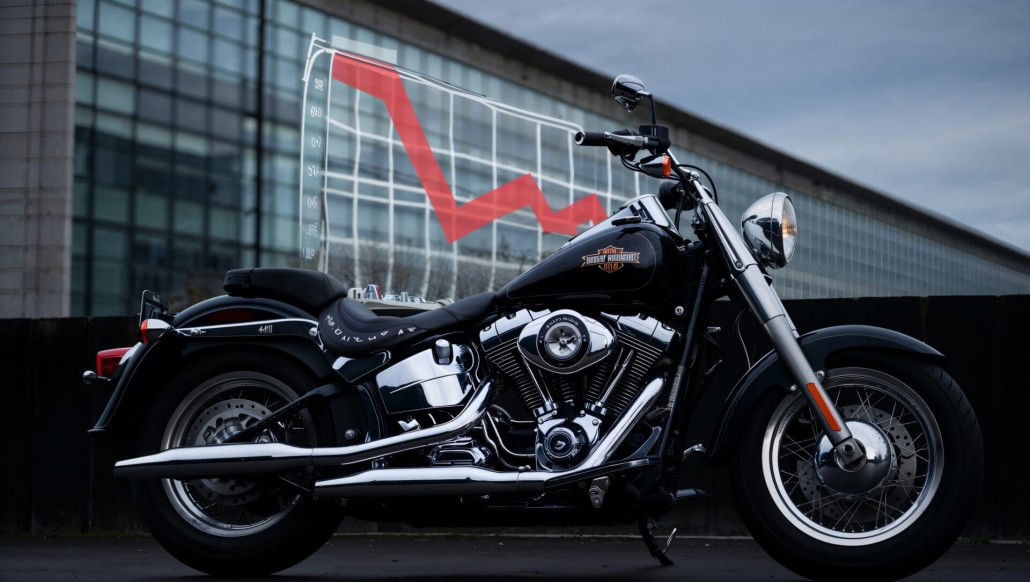The attempt at a new start: the “hardwire” strategy
Zeitz took over the operational management of the company in 2020, at the beginning of a challenging economic period. He had previously made a name for himself as a reorganizer – including at Puma, where he became CEO at the age of just 30 and turned the company into the world’s third-largest sporting goods manufacturer.
With the so-called “Hardwire” strategy, Zeitz wanted to realign Harley-Davidson and make it more attractive to younger target groups in particular. A central component of the five-year plan was the focus on high-margin products and expansion into new markets – including entry into the electric motorcycle segment with the LiveWire brand and smaller displacement classes in cooperation with Hero MotoCorp for emerging markets.
Little impact despite ambitious plans
However, despite the global approach, the hoped-for turnaround failed to materialize. In 2024, Harley-Davidson recorded a decline in sales of around 15 percent. Business is also expected to stagnate at most in 2025. Global supply bottlenecks, trade conflicts with increased tariffs on US products and cautious consumer sentiment following the pandemic-related spending spree acted as a brake.
In addition, many young buyers in the USA were hoping for cheaper and smaller machines – but these models were hardly offered on the domestic market. Instead, Harley-Davidson remained heavily focused on large and expensive machines, which was increasingly seen as problematic given entry-level prices of around 30,000 US dollars (approx. 27,900 euros).
Headwinds from the web and cultural fronts
The brand image also came under pressure. In the course of social discussions, Harley-Davidson was criticized for its diversity policy, among other things – especially on social media, where false or exaggerated claims sometimes became relevant to the share price. Zeitz was suddenly confronted with a flood of unobjective criticism, which put additional pressure on the share price.
Merits despite setbacks
Despite all the difficulties, Zeitz’s contribution to stabilizing the company is acknowledged by the Board of Directors. According to a statement, his strategic realignment has led Harley-Davidson through one of the most difficult phases in its history. This also includes the founding of the Museum of Contemporary African Art in Cape Town, which Zeitz initiated privately and which underlines his international perspective.
Uncertain future for a traditional manufacturer
It is still unclear who will succeed Zeitz. The search for a suitable candidate has been underway since the fourth quarter of 2024. One thing is clear: the new CEO will face considerable challenges – including an ageing customer segment, a changing motorcycle market and the task of repositioning Harley-Davidson between tradition and innovation.
A tough job – but also one with great potential if the brand’s heritage can be reconciled with the demands of a new generation of motorcyclists.
[amazon bestseller=”Harley-Davidson” items=”3″]




